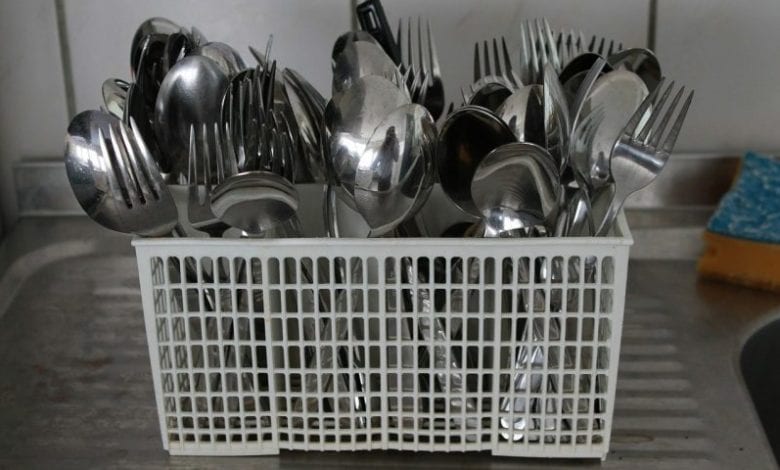Advice
What warewashing equipment is best?

An expert’s opinion should always be sought out when it comes to installing warewashing equipment in a commercial kitchen, whether it be as part of a new venture in the foodservice industry or as an upgrade or refurbishment.
You'll need to
subscribe to unlock this content. Already subscribed? Login?











